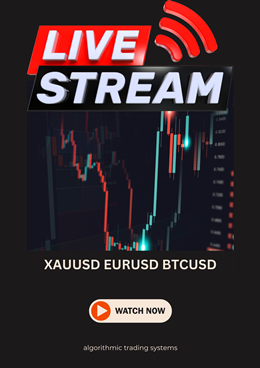Traditional Exponential Moving Averages (EMA) are useful in identifying new trend breakouts. However, one of the major drawbacks of EMA is that they tend to generate many false signals resulting in whipsaw trades and losses. The Navel EMA attempts to overcome this drawback by employing a better smoothing filter.
Unlike traditional EMAs, Navel EMA uses all prices – Open, High, Low and Close.
This ensures that weightage is given to all price fields, especially to the Open price. In the first step, we calculate
the Navel price, which is,
Navel Price = ( Close + 5 x Open + 2 x High + Low ) / 9
It can be observed here that the Open price has a weightage of five times that of the Close and Low prices, which High has a weightage of twice that of Close and Low. In the next step, the Smoothing Factor (PR) is calculated as follows,
PR = 2.0 / (MA_PERIOD + 1.0)
Finally, we calculate the Navel EMA using the following formula,
Navel EMA = PR x Navel Price(current) + (1.0 – PR) x Navel EMA(previous)
For the first candle, the Navel EMA is set to Navel Price. By giving a higher weightage to the Open price, the indicator is biased towards strong openings. When the opening of a candle is strong, it tends to continue in the same direction with a very high probability. Using a higher weightage for the Open price also ensures that the indicator can be used profitably for intraday trades because the dependence on the closing price of the candle has lower weightage and therefore the Navel EMA value does not fluctuate during the lifetime of the candle.
SIGNALS:
1. A BUY signal is generated when the Navel EMA starts rising and the candle closing price is below the Navel EMA. It has been observed that waiting for a new Swing Low after the BUY signal has been generated to enter the BUY trade generates better returns. However, the SELL trade should be initiated below the Navel EMA.
The BUY stop-loss can be placed below the nearest Swing Low.
2. A SELL signal is generated when the Navel EMA starts falling and the candle closing price is above the Navel EMA. It has been observed that waiting for a new Swing High after the SELL signal has been generated to enter the SELL trade generates better returns. However, the SELL trade should be above the Navel EMA.
The SELL stop-loss can be placed above the nearest Swing High.
CONFIGURABLE INPUTS:
1.MA_PERIOD– The period used to calculate the Navel EMA.
2.MA_SHIFT – The number of candles to shift the calculated Navel EMA into the future.
[You must be registered and logged in to see this link.]

 Events
Events Blog
Blog











